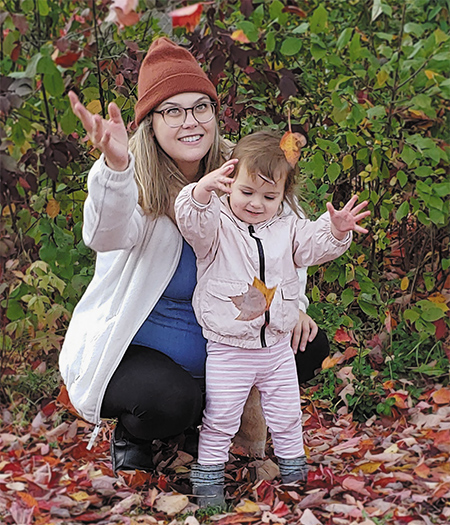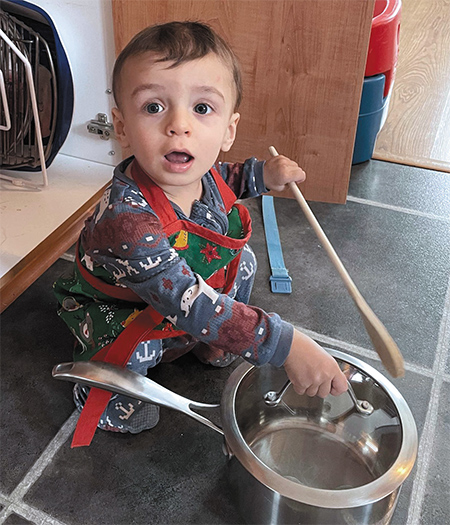Play

![]() Your child needs to explore through play.
Your child needs to explore through play.
Photo: Jean-Christophe Piché
Play is crucial to your child’s development. By playing, she discovers her abilities and the world around her. Playing also allows her to take initiative and become more independent. You can integrate play into your daily routine. For example, when you make peekaboo sounds while changing your baby’s diaper, you’re playing with her.
As a parent, make sure your child’s play environment doesn’t have anything in it that could cause serious injury (see Babyproofing). When your baby is in a safe environment, let her explore it and test her abilities. Your child needs to explore in order to develop. That’s how she learns to overcome challenges on her own.
![]() Playing allows your child to take initiative and become more independent.
Playing allows your child to take initiative and become more independent.
Toys are not always necessary for play. Sharing experiences with you will always be worth more than any toy. Tickling, dancing to music and splashing in the bathtub are examples of games to play together. Going on outings also creates opportunities for play (e.g., going to the library, park, or pool).
When your child does play with toys, they should be age appropriate. They must also be safe for her (see Choosing toys). Toys can have different functions depending on a child’s age. At first, your child explores them by putting them in her mouth or handling them. Then she discovers what can be done with them (e.g., stacking, interlocking).
The best toys are not the most expensive ones. Toddlers can play with a variety of household items, including pots, spoons, bowls, and cardboard boxes that can become a house, tunnel, car, hat, etc.



